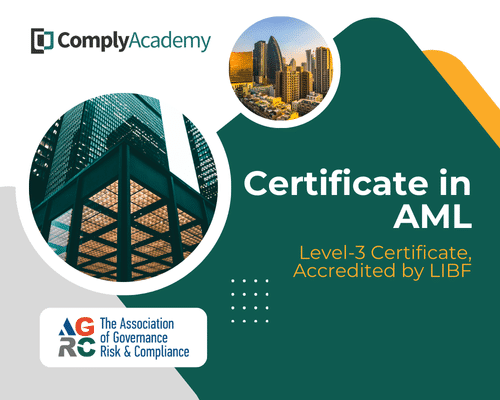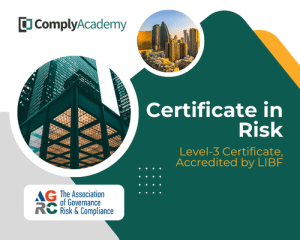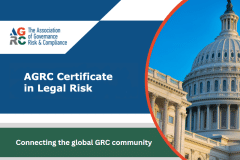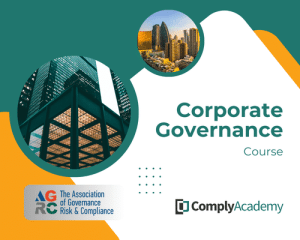The AGRC Certificate in Anti-Money Laundering provides participants with a comprehensive understanding of anti-money laundering (AML) principles, frameworks, and practices. This certification equips professionals with the tools to combat money laundering and terrorist financing effectively while ensuring compliance with global standards.
Key Benefits:
- Gain 1-year free membership at the Association of Governance, Risk & Compliance (AGRC).
- Earn an accredited certificate recognized by The London Institute of Banking & Finance (LIBF).
- Enhance your career prospects in an increasingly critical field for financial institutions.
The Certificate in AML provides participants with a thorough understanding of what constitutes Money Laundering (ML) and how financial institutions should respond to increasingly complex attempts by criminal individuals and entities to process illegal proceeds. Participants will:
- Investigate ML methods, techniques, and red flags.
- Learn how to adopt a risk-based approach and implement effective AML policies and procedures.
- Gain insights into international economic sanctions and their role in combating ML.
- Review relevant legal frameworks and case studies that highlight real-world applications of AML principles.
What You’ll Learn:
- Money laundering methods, techniques, red flags, key risk areas, and compliance best practices.
- KYC and CDD: Beneficial ownership, managing politically exposed persons (PEPs), and mitigating AML risks in gatekeeper roles.
- Economic sanctions frameworks and how they are used to combat ML.
- Vulnerabilities of financial institutions to ML and CTF.
- AML legal frameworks and practical applications.
Learning Outcomes:
By the end of the course, participants will:
- Identify ML-related risks and design a comprehensive AML risk-based approach.
- Understand and manage ML risk assessments within financial institutions.
- Review and implement robust AML strategies, processes, and procedures.
- Gain practical knowledge of AML laws and international standards.
- Understand the importance of sanctions in combating money laundering.
Target Audience:
This course is ideal for:
- Professionals seeking a career in AML.
- Staff with specific AML responsibilities.
- Financial services professionals looking for comprehensive AML training.
No prior knowledge is required, though participants should have a strong educational background and proficiency in English.
Format:
- Self-paced online interactive learning with 15 hours of study time.
- Includes analysis of 5 practical case studies.
- Flexible registration: Start anytime and study at your own pace.
- Assessment via online multiple-choice exams.
What’s Included:
- 1-year free AGRC membership.
- Online exam and AGRC Certificate upon completion.
- Access to all course materials, practical case studies, and online support.
Completion Requirements:
- Pass unit tests (33 multiple-choice questions) with a 70% pass mark.
- Pass the final exam (40 multiple-choice questions) with a 70% pass mark (two attempts allowed).
- Unit tests are 10 minutes each, and the final exam is 60 minutes.
Accreditation and CPD Recognition:
The syllabus is verified by external subject matter experts and accredited by financial training bodies, such as CISI and ACAMS, for 10 CPD units.
Registration and Access:
To register, click on the Get this course button to pay online. Alternatively, contact us at info@comply.academy to request an invoice.





